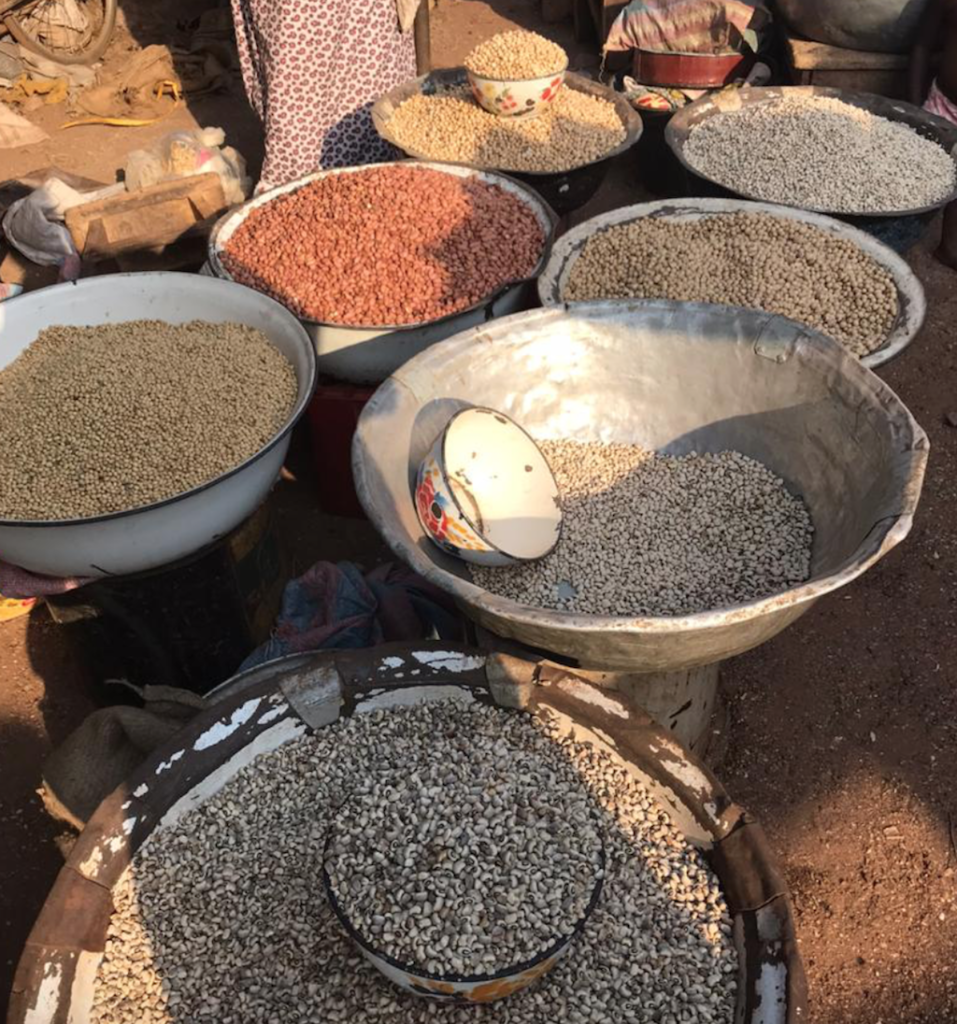3 Mins Read
Singapore food tech startup NamZ is recreating a sustainable and healthy version of instant noodles, a popular Asian comfort food, by using regionally grown and climate resistant “future fit crops”. In addition to their instant noodles, the startup is making use of the same technology to reinvent other types of food, beverages and cosmetics with the aim of improving the sustainability and health of these products. NamZ hopes that their star product, “NoodleZ”, will launch for retail in mid-2020, starting in Singaporean and Malaysian markets, before expanding to other regions.
Founded in 2014, NamZ is incorporating regionally grown and typically under-utilised “future fit crops” that are climate resistant, meaning that they can grow on degraded land with few resources, into common consumer products. The company is looking to recreate familiar Asian foods with a significant health and environmental impact, they have created “NoodleZ”, the future fit version of the popular Asian instant noodles without compromising on taste and convenience. Made using groundnut, lupin, and moringa, alongside other commonly known veggies like pumpkins, tomatoes and cocoa, these noodles are not only more sustainable as they are created with a range of underused crops to promote agro-biodiversity, they are healthier than the traditional version as they contain high levels of fibre, protein and plant nutrients.

Read: 50 Plants You’ll Be Eating In The Future
Using a proprietary manufacturing technology that eliminates the need for deep-frying to dehydrate noodles, NamZ’s instant noodles have 70% less fat, 82% less saturated fat, and are currently innovating a high-protein formula which will have 136% more protein and 83% more fibre compared to conventional noodles.
Speaking about NamZ’s mission, co-founder Christoph Langwallner said: “We advocate crop diversification and incorporate Future Fit Crops which not just benefit the health of those who consume it but the planet at the same time.”
Indeed, our current food system is problematic from both a health and environmental point of view. Not only are we seeing a spike in obesity, type-2 diabetes, cardiovascular diseases thanks to nutrient deprived and unhealthy over-processed junk food, our current mono-cropping practices that sees only 200 out of 300,000 available crops in the world consumed, has led to more forest clearing and degradation of ecological biodiversity. By diversifying the types of crops we consume, and choosing to grow crops such as the Bambara groundnut that can be harvested on marginalised land with minimal water, NamZ hopes to help rejuvenate the soil and reduce resource wastage.
Read: These 5 Foods Could Disappear Due To Climate Change
Adopting “future fit crops” will create a positive social impact too. NamZ’s pilot factory is currently based in Johor Bahru in Malaysia, which brings income into the smallholder farming community. The startup has plans to partner with more regional farmers, such as in Indonesia, to provide economic opportunities for communities using otherwise abandoned soil and mill assets.

Currently the startup’s noodles are only available in the restaurant and catering space, but with recent funding received last month from the DBS Foundation Social Enterprise Grant Programme, the company hopes to scale up production capacity and be able to launch a retail product in mid-2020 in Singapore and Malaysia. These noodles will come in an assortment of flavours and spice blends, which will be kept secret until the official launch is announced next year.
NamZ is not the only startup looking to popularise underutilised climate resistant crops to improve the sustainability of our food system and consumer health. Another Singapore-based startup, Karana, is using the regionally abundant young jackfruit to create a minimally processed, whole food and vegan meat alternative that can be used for classic Asian dishes. With their jackfruit product already being served up in a number of restaurants in Singapore, the company has upcoming plans to launch in Hong Kong outlets as well.
All images courtesy of NamZ.




